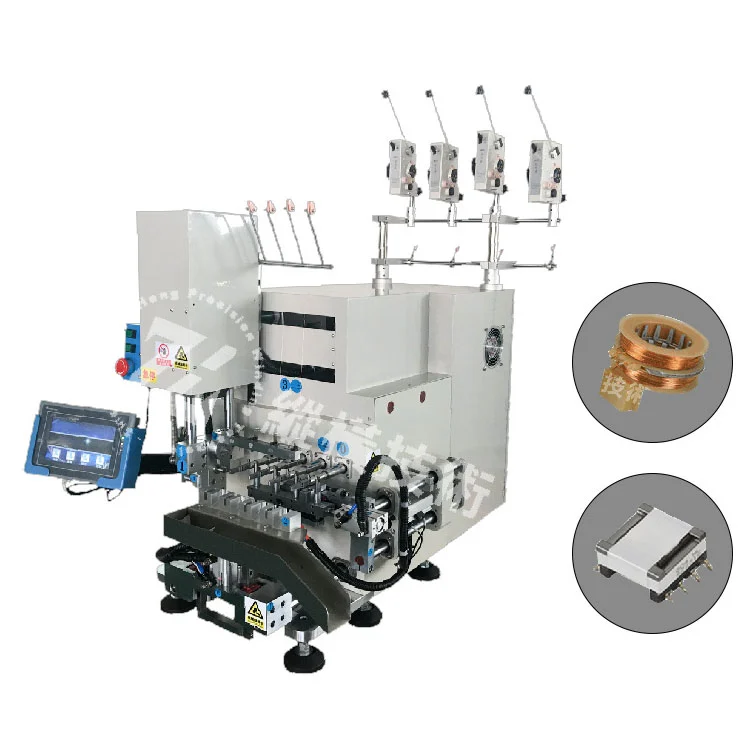Understanding Precision Winding Machines: Enhancing Manufacturing Efficiency
2025-03-31
A precision winding machine is a specialized piece of equipment used to wind materials such as wire, yarn, fiber, or filament onto a spool or bobbin with exceptional accuracy. These machines play a critical role in industries like textiles, electronics, and automotive manufacturing, ensuring uniform winding and minimizing material waste.
What is a Precision Winding Machine?
A precision winding machine is designed to achieve consistent and accurate winding patterns through advanced control systems. Unlike traditional winding methods, these machines offer customizable settings for tension, speed, and layer distribution, resulting in a superior final product.
Key Features of Precision Winding Machines
- High Accuracy: Ensures consistent winding with minimal deviations.
- Programmable Control: Operators can adjust winding parameters using digital interfaces.
- Material Versatility: Suitable for various materials, including copper wire, fiber optic cables, and textile yarn.
- Tension Control: Advanced mechanisms maintain optimal tension to prevent material damage.
- Efficient Operation: Reduces material waste and improves production speed.

Applications of Precision Winding Machines
1. Textile Industry: Used for winding yarns onto bobbins or cones for subsequent weaving or knitting.
2. Electronics: Essential for winding copper wire for transformers, motors, and inductors.
3. Automotive Sector: Applied in the production of wire harnesses and electric motor components.
4. Aerospace: Utilized for specialized cable winding in aircraft and satellites.
5. Medical Devices: Applied in the manufacturing of precise wire coils for medical equipment.
Benefits of Using Precision Winding Machines
- Improved Quality: Ensures consistent winding patterns for better product performance.
- Enhanced Efficiency: Automates the winding process, reducing manual labor and production time.
- Cost Savings: Minimizes material waste and operational downtime.
- Customization: Offers flexibility to meet specific winding requirements.
Factors to Consider When Choosing a Precision Winding Machine
- Material Type: Select a machine compatible with the material being wound.
- Production Volume: Determine the appropriate machine size and capacity.
- Automation Level: Consider whether a semi-automatic or fully automated machine is ideal.
- Control Features: Ensure the machine has user-friendly programming interfaces.
- Maintenance Needs: Opt for machines with easy-to-maintain components.
Conclusion
Precision winding machines are indispensable in modern manufacturing, offering accuracy, reliability, and efficiency across various industries. Investing in the right precision winding machine can lead to significant improvements in product quality and production throughput. Whether you're in textiles, electronics, or automotive manufacturing, this technology ensures optimal material utilization and superior results.


